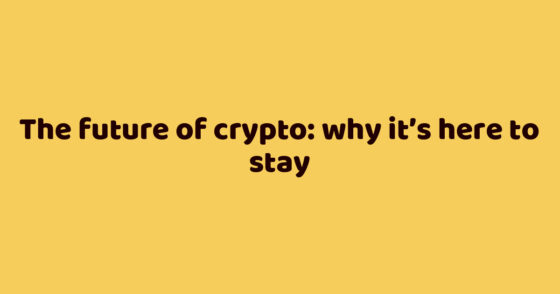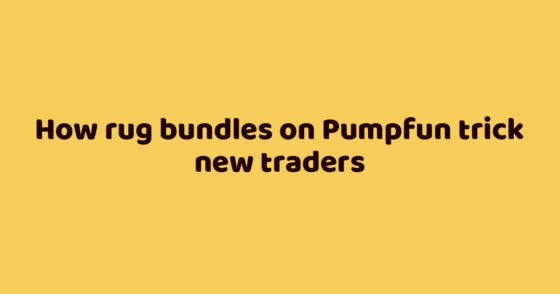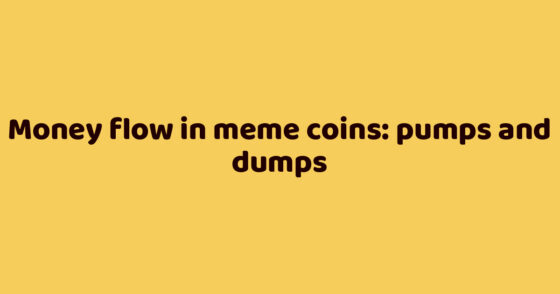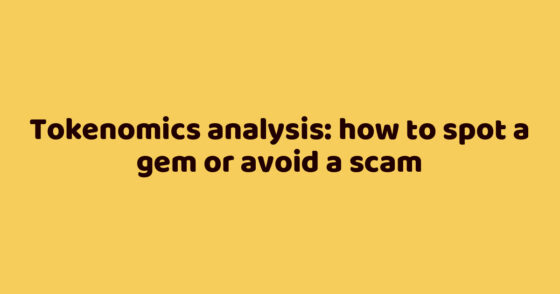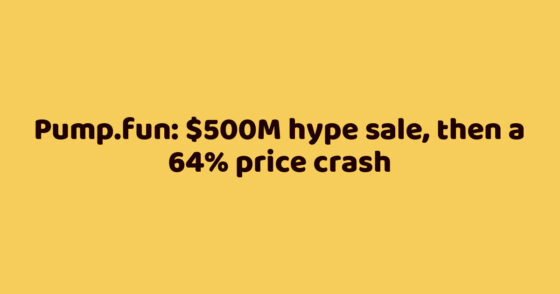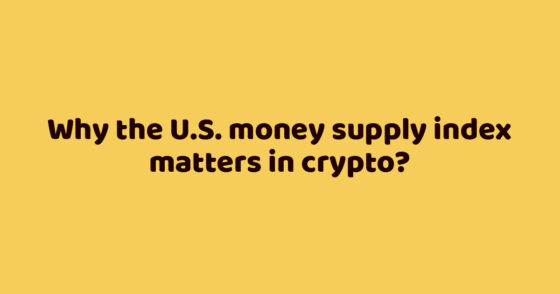Memecoin traders often ask themselves why experience, familiarity, technical and onchain analysis may be enough for some short-term profits, but absolutely not enough for stable profits over the distance.
The answer lies in the psyche and subconscious behavioral patterns that lead us to successful or unsuccessful actions.
Is it possible to do something about this? Yes, if we recognize that each of us is subject to certain cognitive biases.
Cognitive biases are systematic errors in thinking that affect the way people make decisions and form judgments. In memecoin trading, where the market is highly volatile and speculative, these biases can be particularly pronounced.
The main cognitive biases affecting memecoin traders are described below.
Confirmation bias
Traders tend to look for and consider only information that confirms their existing beliefs about memecoin. For example, they may pay attention to positive news or social media posts while ignoring risk signals or negative data.
The herd mentality effect
Many traders follow the crowd, buying or selling memecoins simply because others are doing so. This behavior can amplify market bubbles or trigger sharp collapses, even if the trader’s personal analysis says otherwise.
Availability bias
Traders often overestimate the probability of events based on what comes easily to mind. For example, if they have recently seen reports of a spike in the price of memecoin, they may think that such a spike is more likely than it actually is.
Anchoring bias
Traders may “anchor” to a certain price (e.g. the past high of memecoin) and use it as a reference point for decisions, even if current market conditions have already changed.
Overconfidence bias
Overconfidence in their predictions or abilities can lead traders to take unwarranted risks. They may think they can accurately predict the movement of the memecoin market, ignoring uncertainty.
Recency bias
Traders tend to place too much importance on recent events. For example, if memecoin has recently risen sharply, they may expect this trend to continue without considering long-term data or the likelihood of a correction.
Fear of missing out on gains (FOMO)
Effect fear of missing out on gains, especially amidst the success of others, often drives traders to impulsively buy memecoin. This can lead to rash decisions and entering the market at the peak of the price.
Loss aversion
Traders tend to experience losses more than they enjoy profits. Because of this, they may hold losing positions for too long, hoping that the market will turn around, instead of cutting their losses in time.
The Endowment effect
Traders tend to overestimate the value of their memecoins simply because they own them. This prevents them from objectively assessing the real market situation and making rational decisions.
Hindsight bias
After an event occurs (e.g. the price of memecoin drops), traders may think they could have predicted it. This creates a false sense of confidence and can lead to repeating mistakes in the future.

